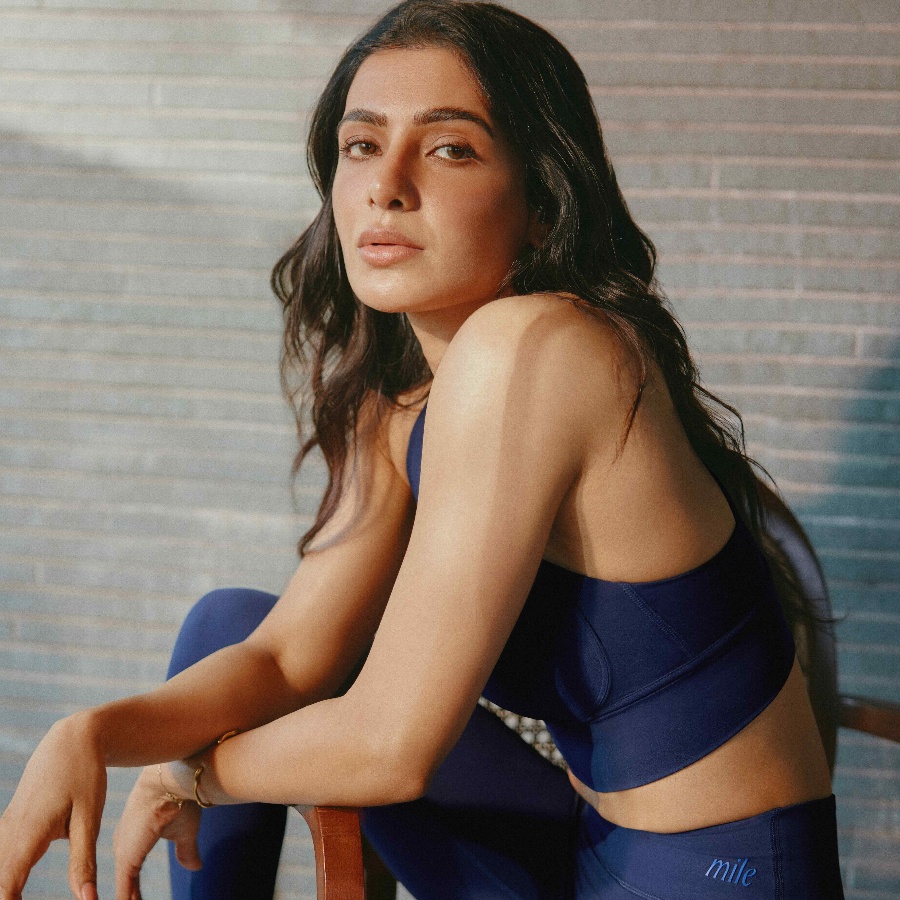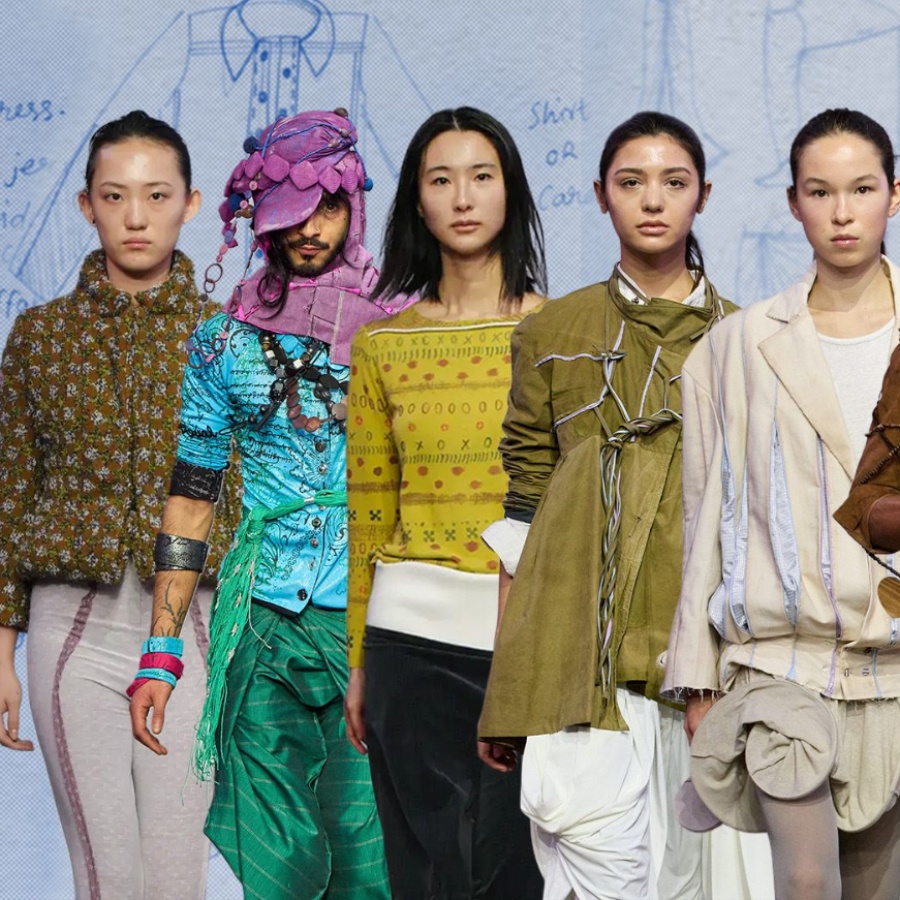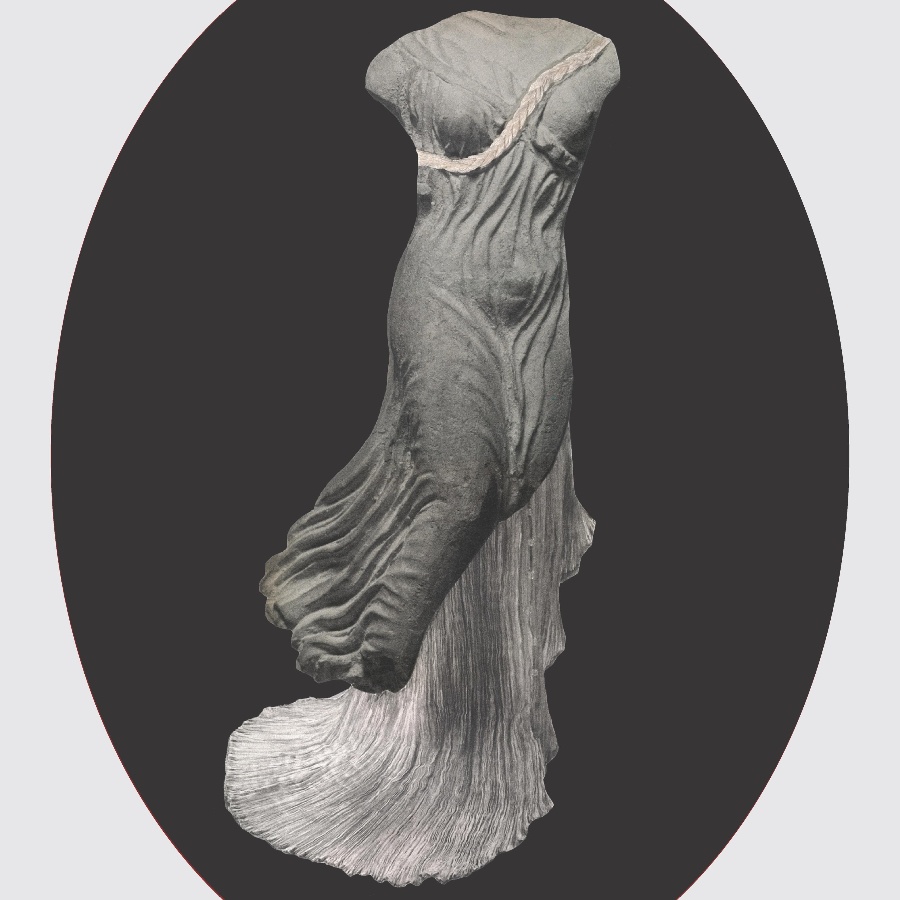Given the way fashion and fashion-related content are created and consumed today, you’d be forgiven for thinking that it’s the business of making pretty clothes and having celebrities walk in them. Even before their clothes hit the runway, designers have to buy raw material, pay salaries and office overheads, hire graphic designers or lawyers, organise fashion shoots, travel to trade shows and deal with manufacturers. Heck, there’s even rent to pay every month. All of which is to say that running a fashion business takes money and a certain financial awareness. Which is where Vikram Menon comes. For the last 10 years, the London-based chartered account has made a career out of advising young fashion brands on their financial planning.
But his path to this niche wasn’t exactly straightforward. Born in India and raised in Holland, Menon moved to UK to pursue engineering. Realising his interest in mathematics, he decided to qualify as a chartered accountant and soon joined an accountancy firm in London that turned out to be one of the supporters of the British Fashion Council’s NewGen programme for emerging talent. “My role was basically to advice and help the young designers on what I call the three pillars—accounts, tax, and cash flow—as they built their businesses,” he says over a video call from his London home. “It gave me exposure to a whole new creative community that I had not really been a part of.”
Inspired by his entrepreneurial clients, Menon started out on his own with his agency, Fashionex Business Consulting, six years ago. Since then, he has played mentor for Copenhagen Fashion Week, spoken to students at Central Saint Martins, and even modelled for British-Iranian designer Paria Farzaneh. This season, he will also guide the GenNext designers of the October 2024 edition of Lakmé Fashion Week. With an impressive roster of clientele that has included British design stars like Supriya Lele, Rosh Mahtani of Alighieri, Anna Jewsbury of Completedworks, the founders of womenswear label Tove, Mary Katrantzou, and Delhi-based Ruchika Sachdeva of Bodice, Menon shares his secret to business success and a new sustainable denim brand to watch out for.

Courtesy: Instagram.com/pariafarzaneh
What makes a fashion business unique?
Before I started working in fashion, my clients had primarily been big property development or engineering companies. In fashion, it’s a given that you have to be creative and produce quality products, but there’s also the pressure to do that several times a year at a fixed cycle. That’s quite interesting for an outsider to observe. Then, a lot of money has to be put in upfront just to start—to develop and create the collection, take it to showrooms, market it, and so on. A lot of stores want to see the brand grow for a few seasons before they start placing orders, which means it can take time before you are able to have a steady income. It’s also very hard to create your own niche in fashion; the competition is so wide, from high-street to luxury brands, and a consumer can only absorb so much.
Is there a formula or algorithm that helps you calculate what it takes to succeed?
I usually start with a 12-month projection—what we want to achieve in the year and where we predict there are going to be costs. I like to call it a financial roadmap that will give you an idea of how much money you, as the owner, need to invest into your business.
How important is it to have a financial cushion?
Most designers have to put some of their own money into the business at the beginning. It’s rare that you will make enough profit right from the start to self-fund. Of course, when they start out, people are able to ask for help: say, pull favours from models, make-up artists, or photographer friends for shoots, but there comes a point where you have to invest. That’s why so many designers have second jobs when they begin. Unless they’re lucky to have some family financial support.
Which aspect of financial planning do most designers struggle with?
A lot of people tend to underestimate certain costs. Especially smaller things like travel, utilities, technical equipment, or even programmes you might run on your laptop. When you start to add it all up, it can be quite surprising how much more you need. Many designers are not taught this kind of planning either at the BA or MA level.
What’s the secret to a brand’s success?
One common thread that I’ve seen is that all the businesses that have been successful are the ones where the designers themselves take a keen interest in the finances. They don’t ignore it; it forms a key part of how they manage their work. They allocate time to either dealing with the numbers or at least trying to understand them.
Has working in fashion influenced your own sense of style?
It has completely changed the way I look at shopping. Now I’m all about buying less and buying better because I’ve seen all the hard work that goes into creating something. I wasn’t really so fashion conscious before, but I’ve discovered some really cool labels that I like to wear. Like Danish brand Han Kjøbenhavn, London-based menswear label Derrick, and Marie Lueder, who fuses tailoring and streetwear. I also wear a lot of ELV Denim, a sustainable denim brand.







